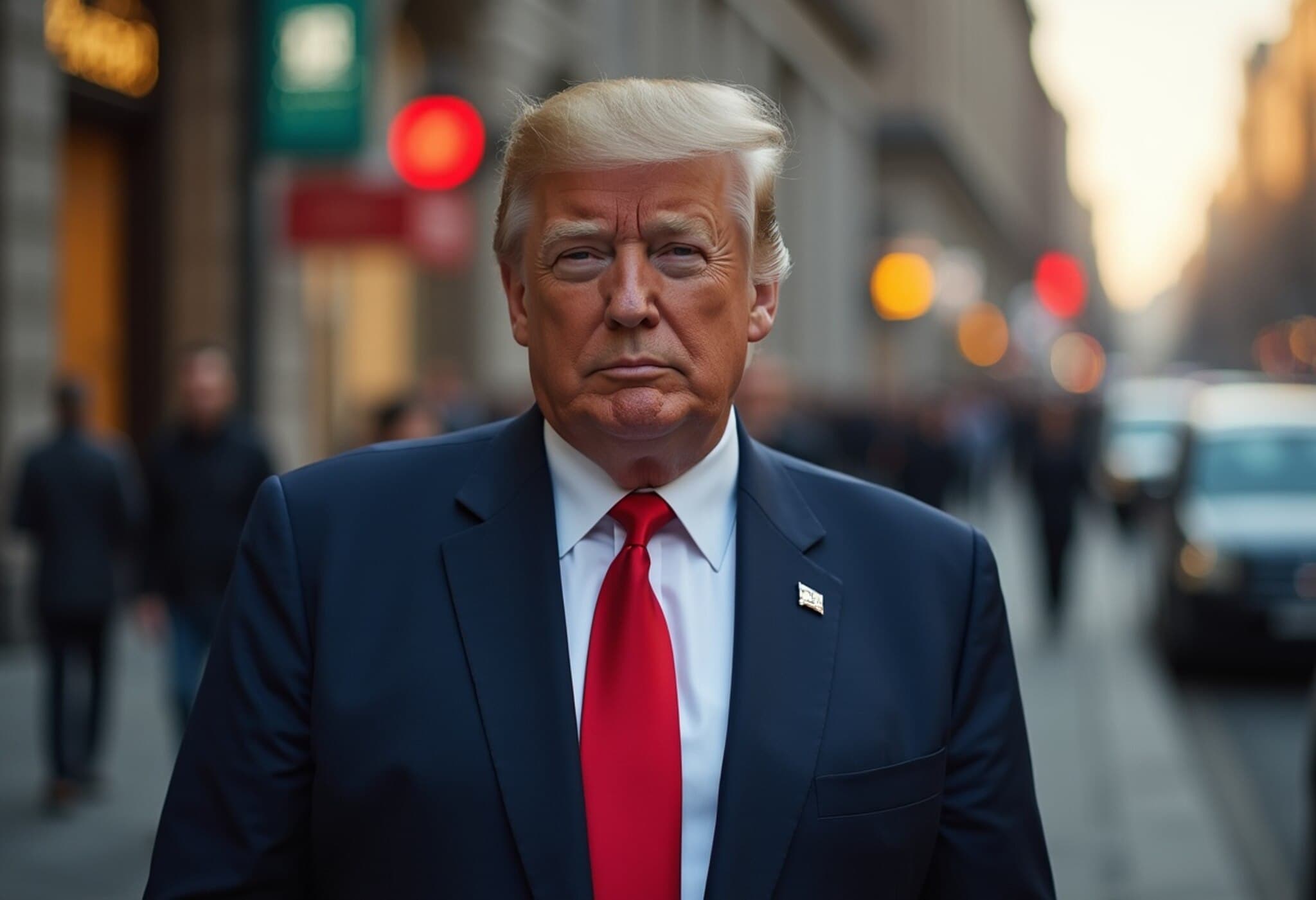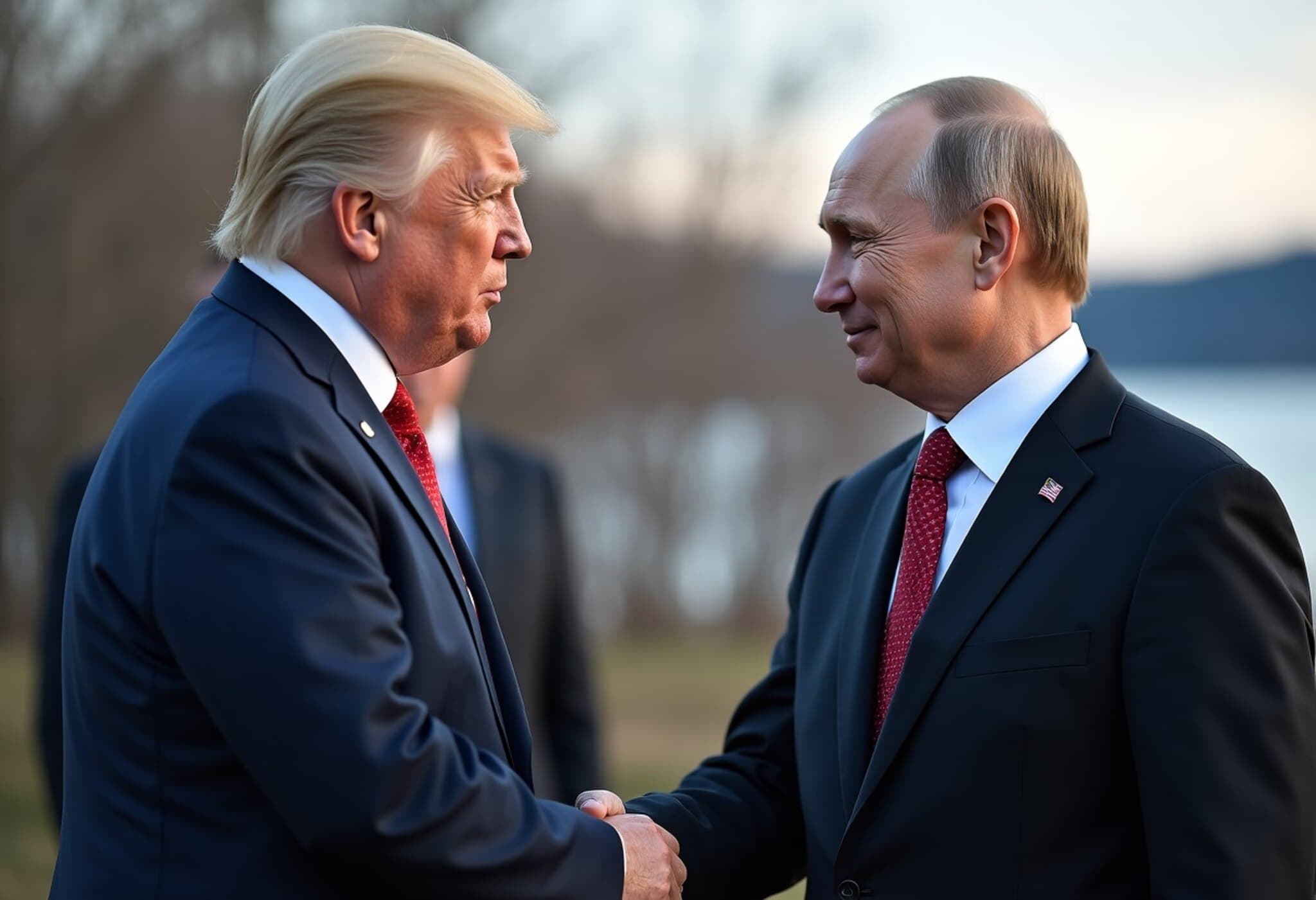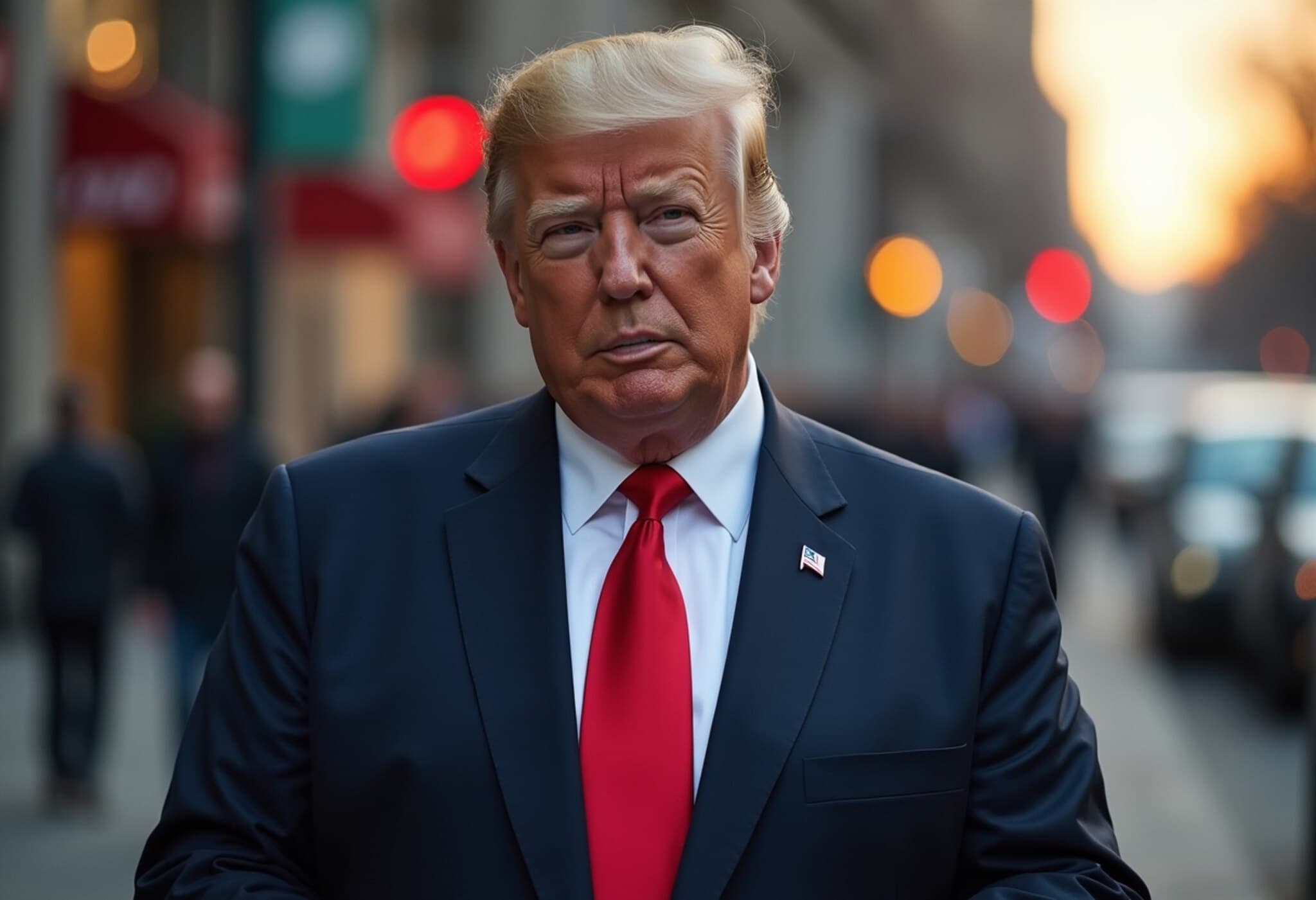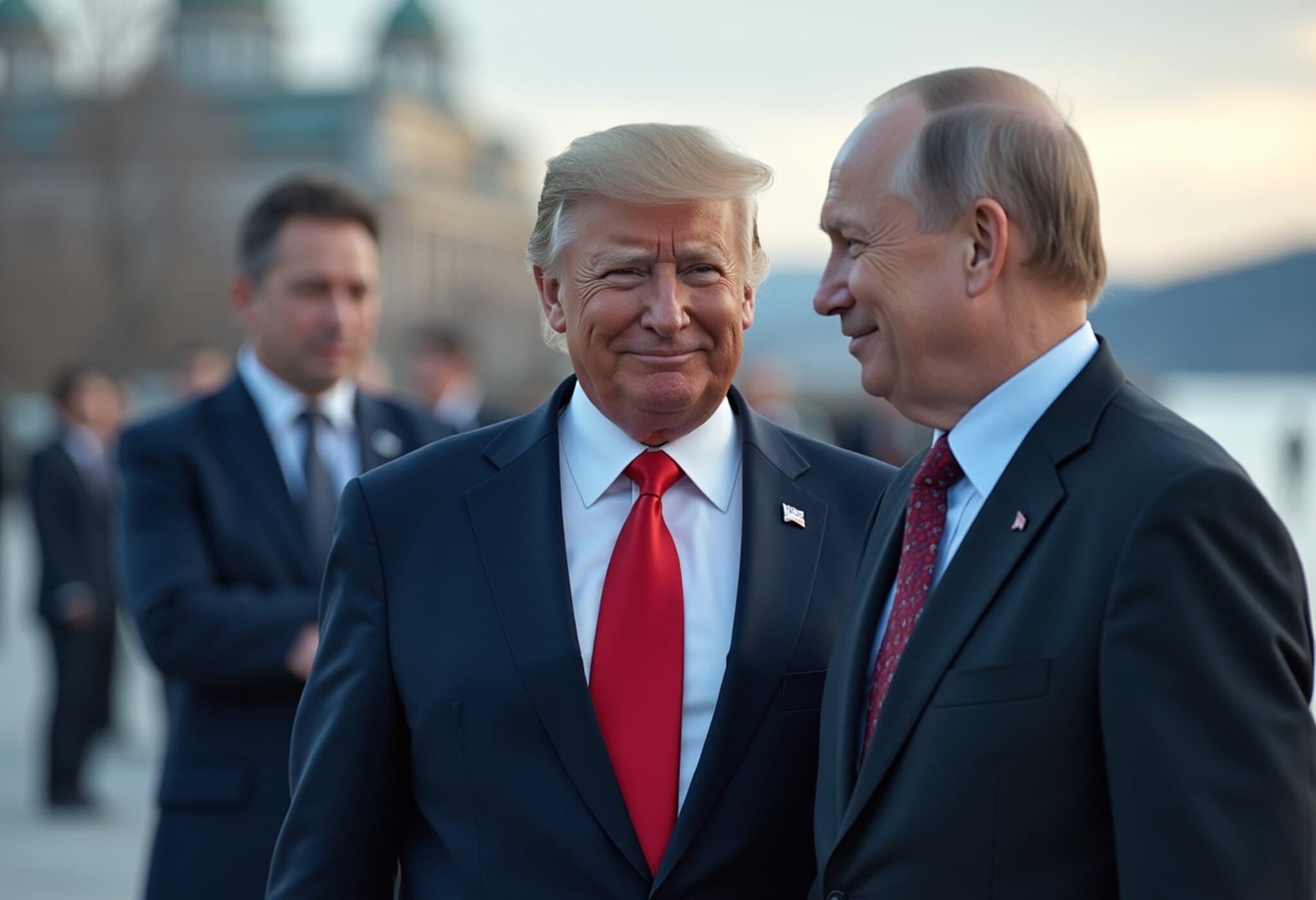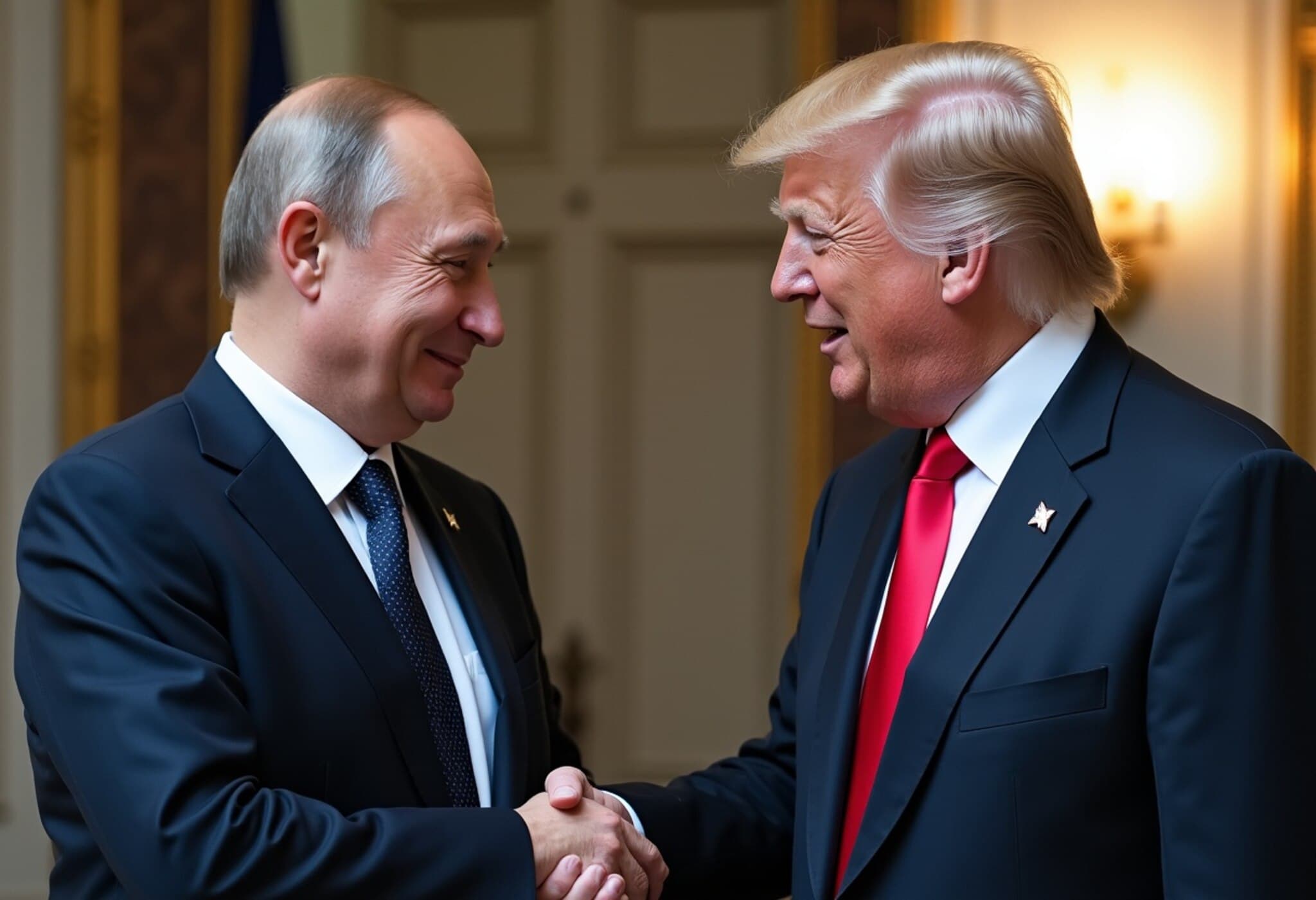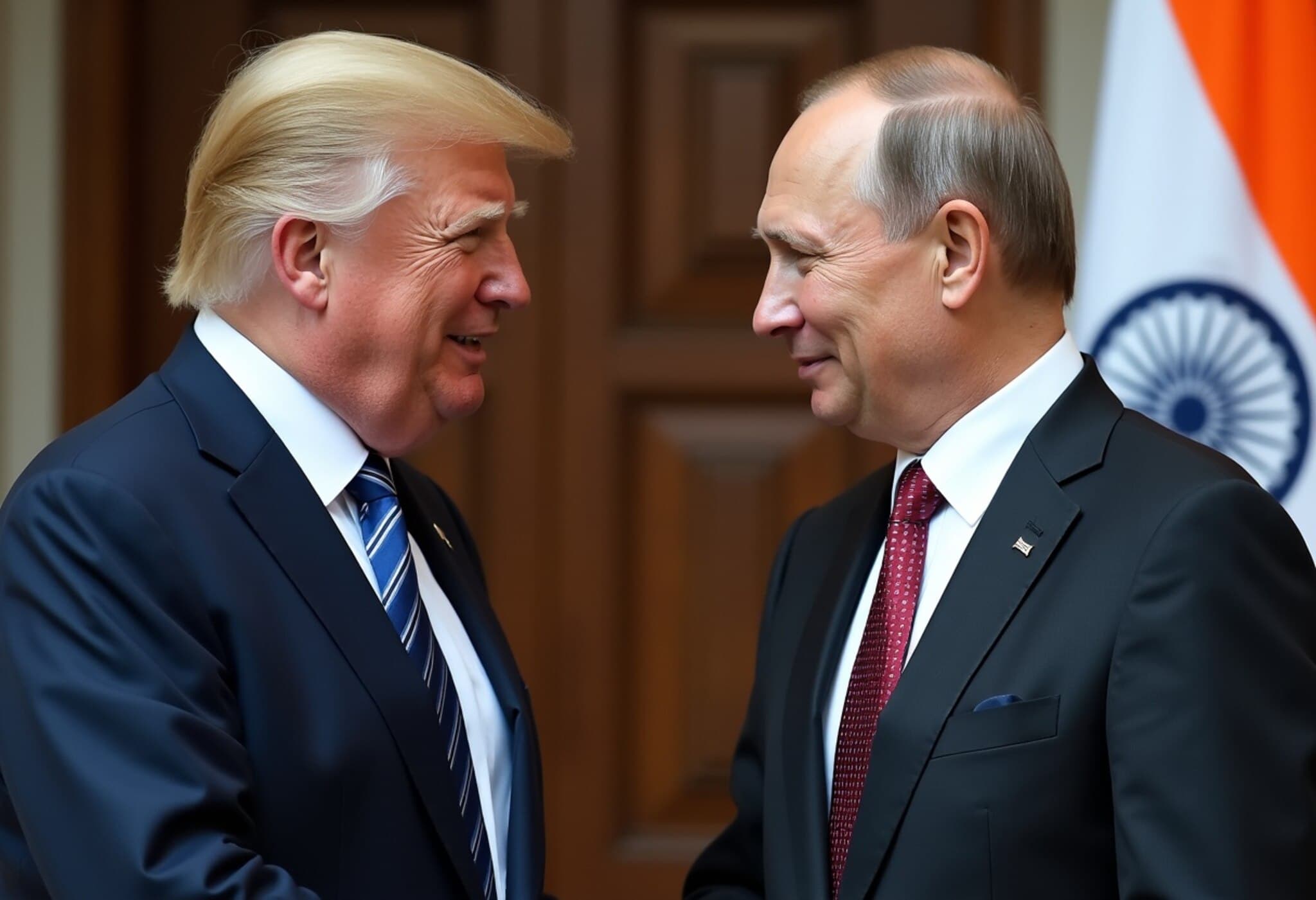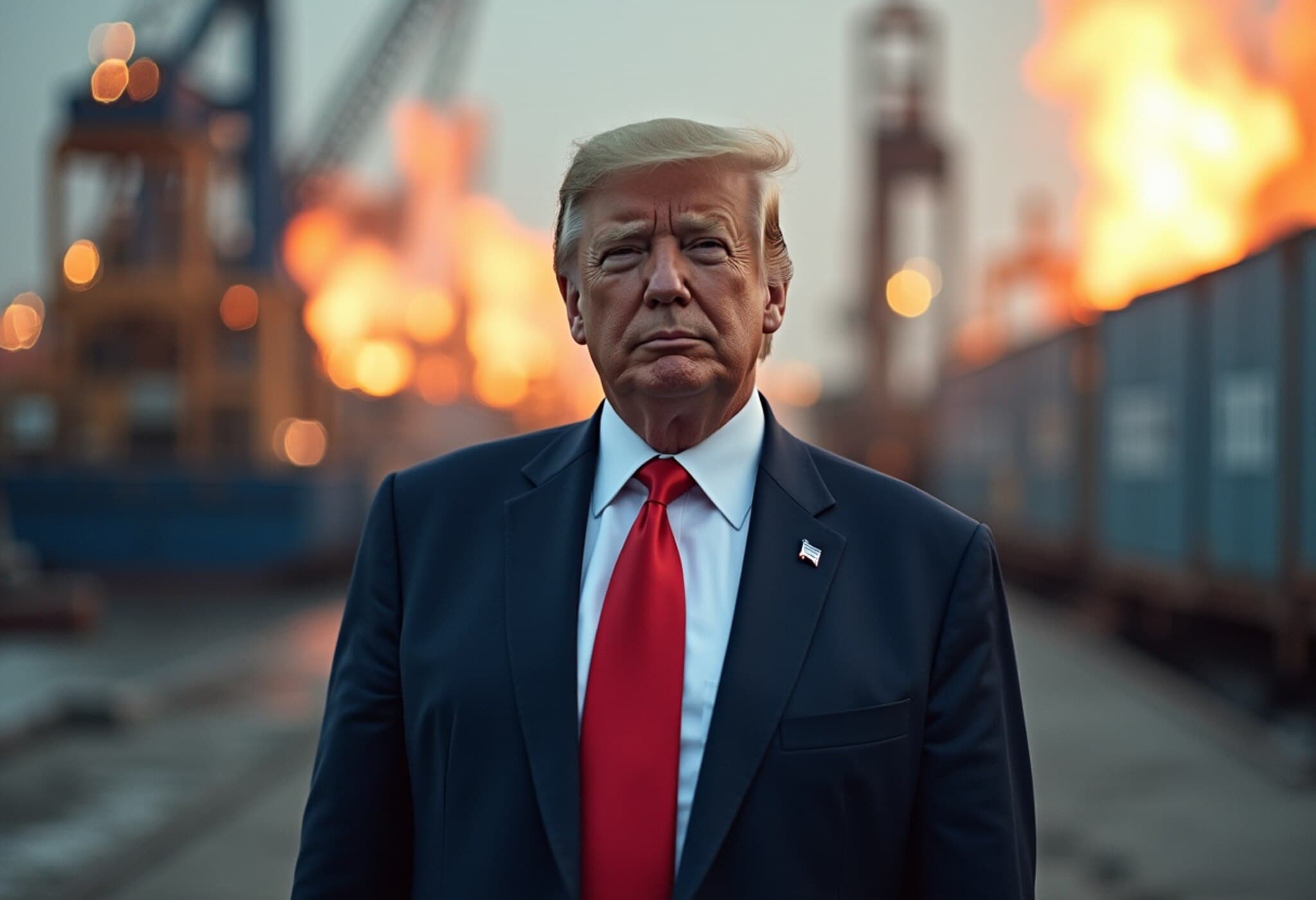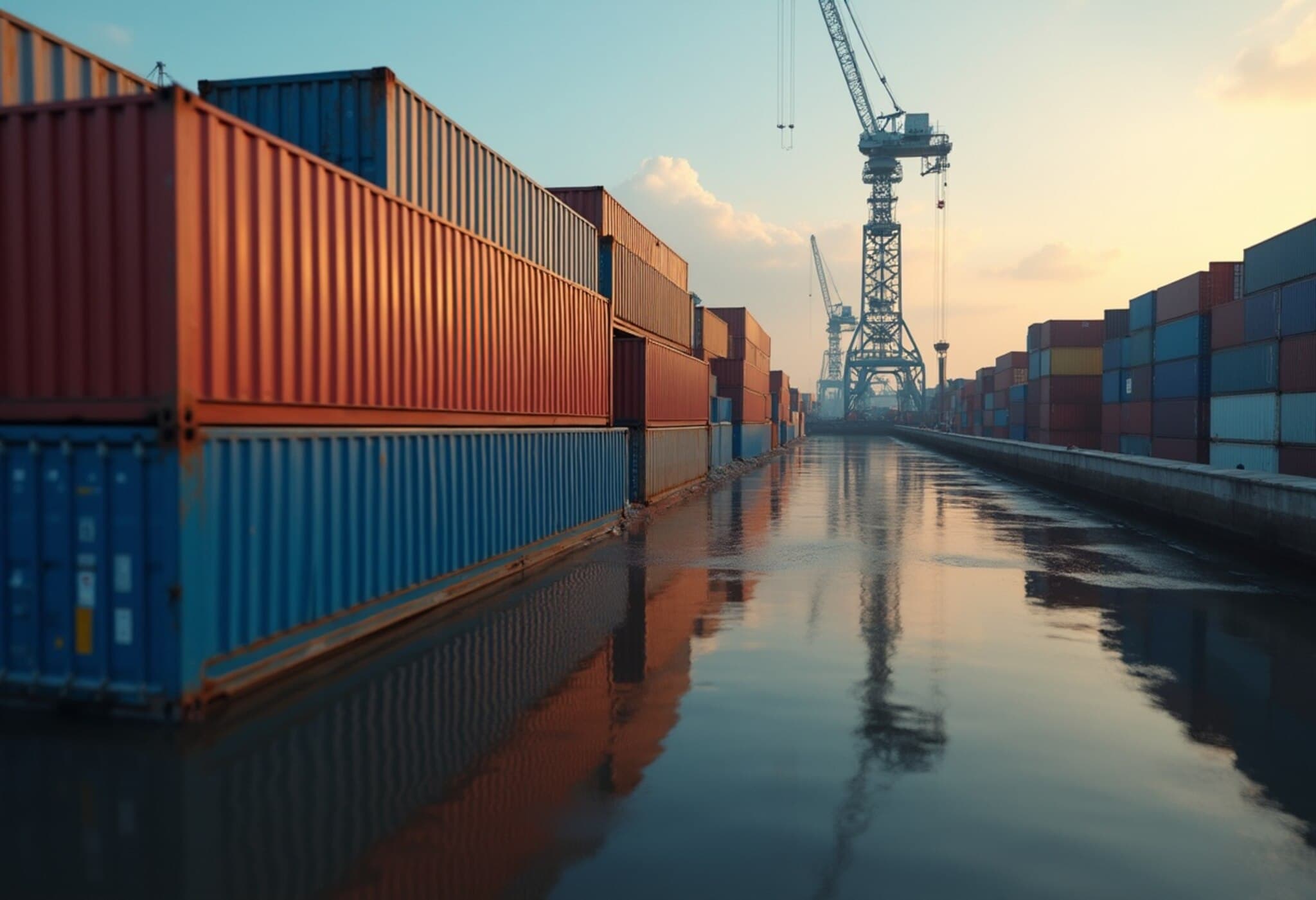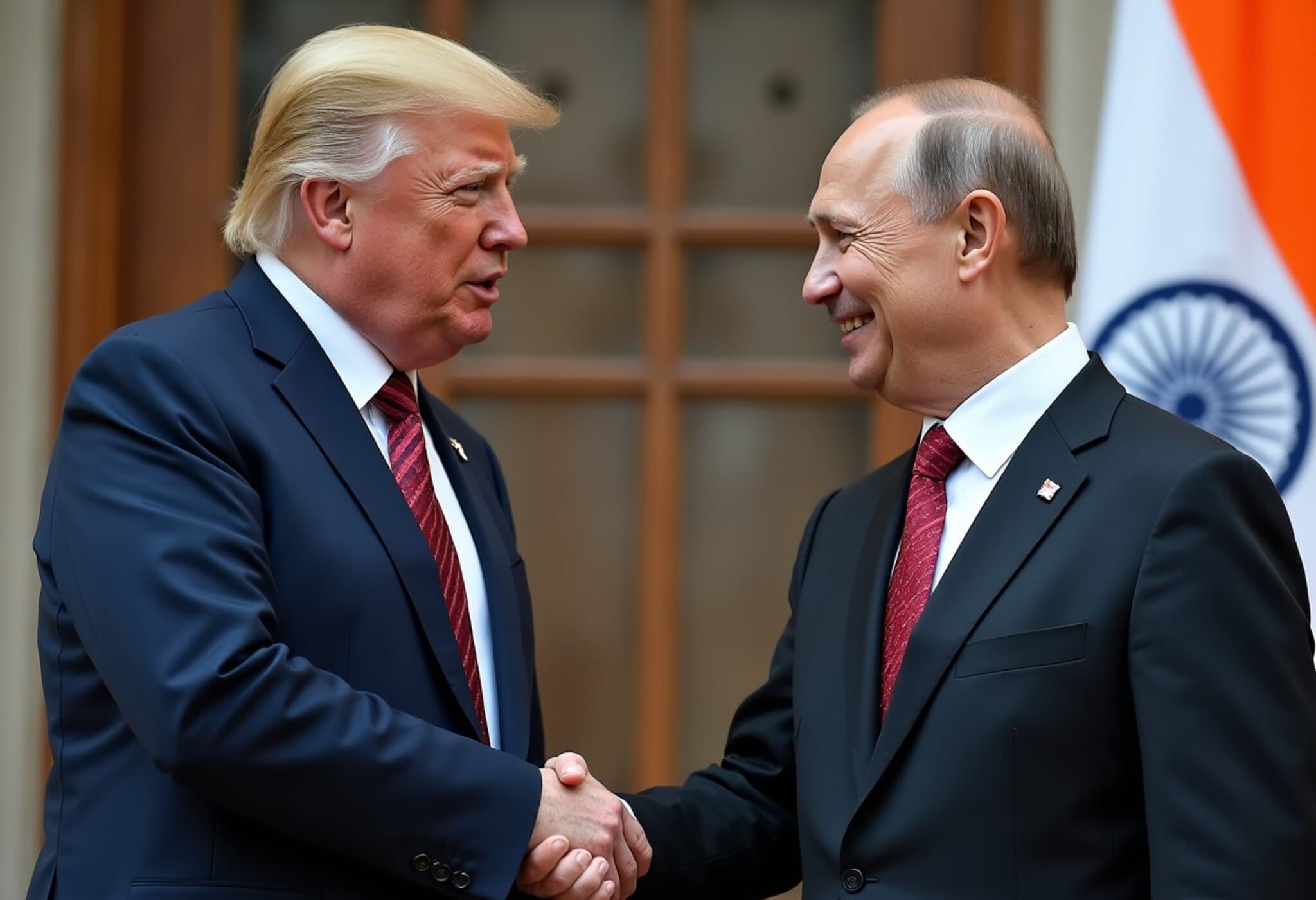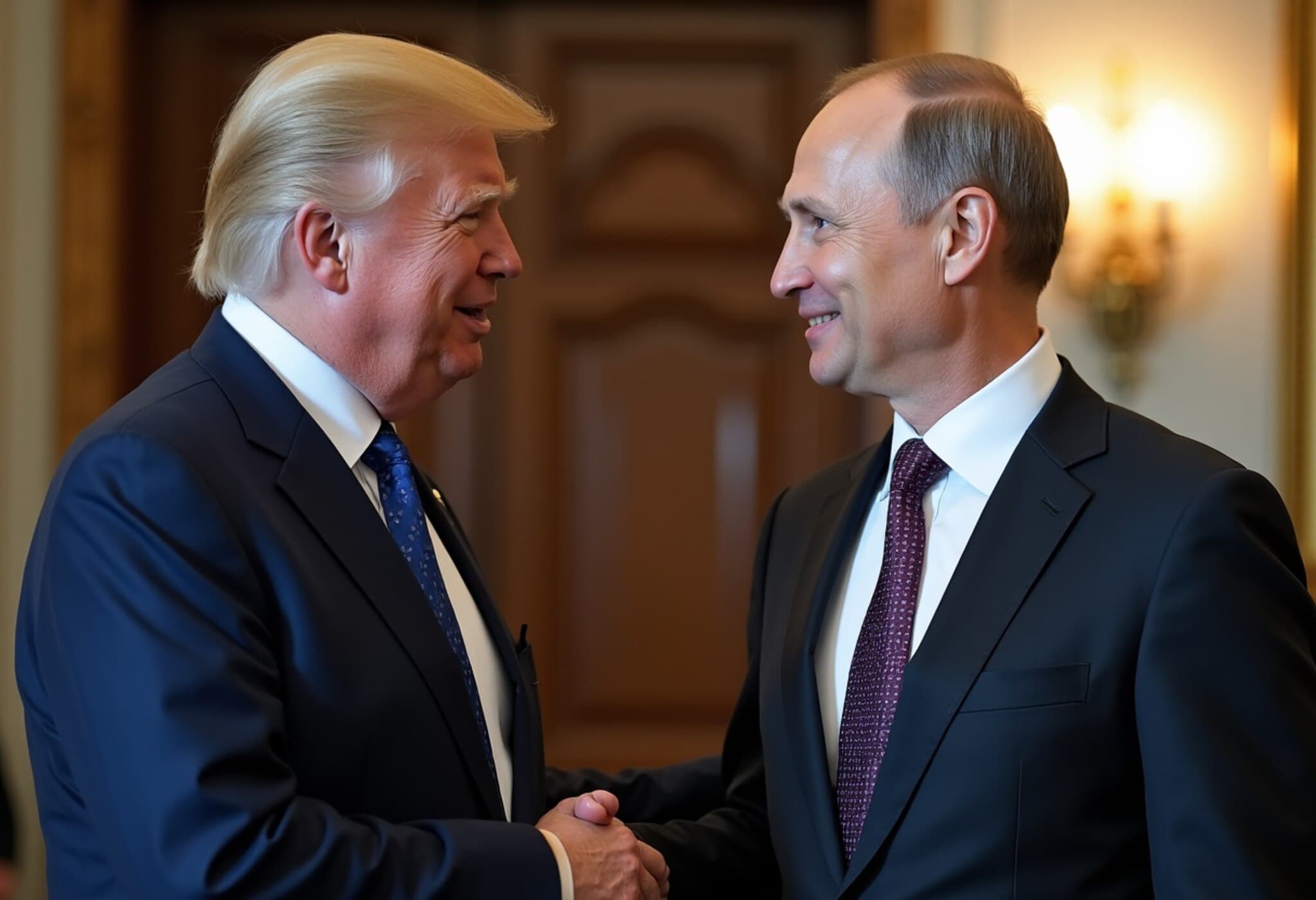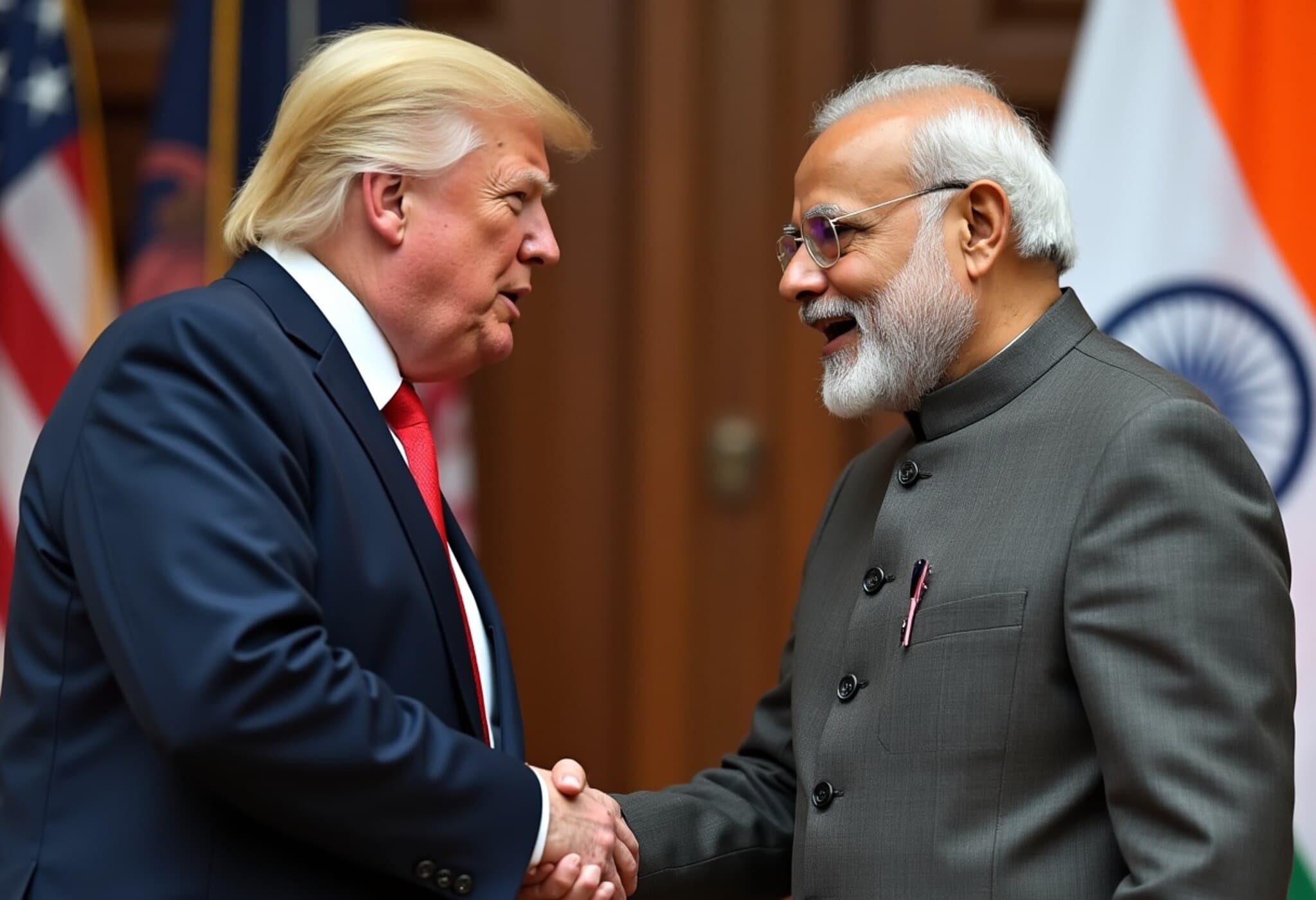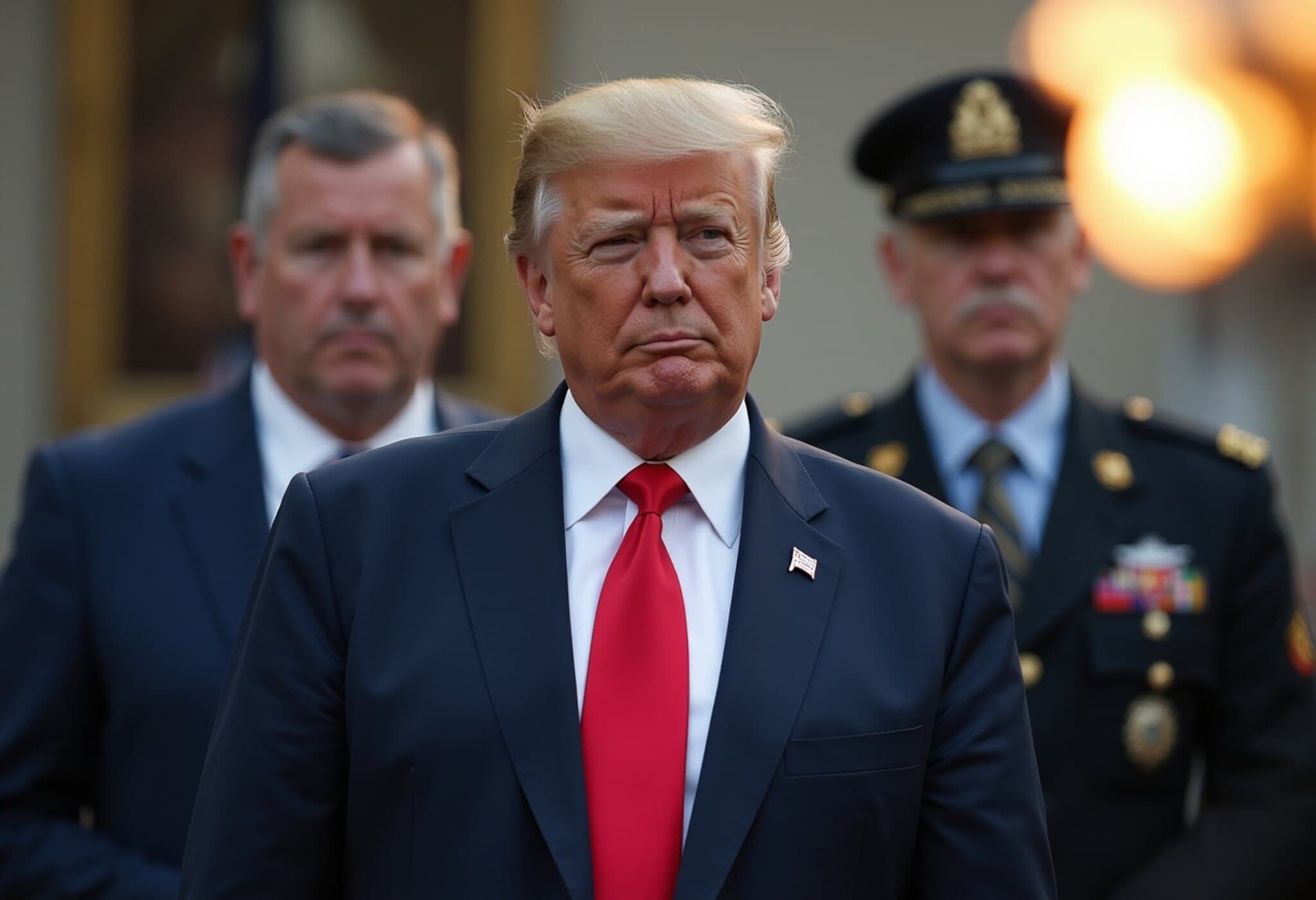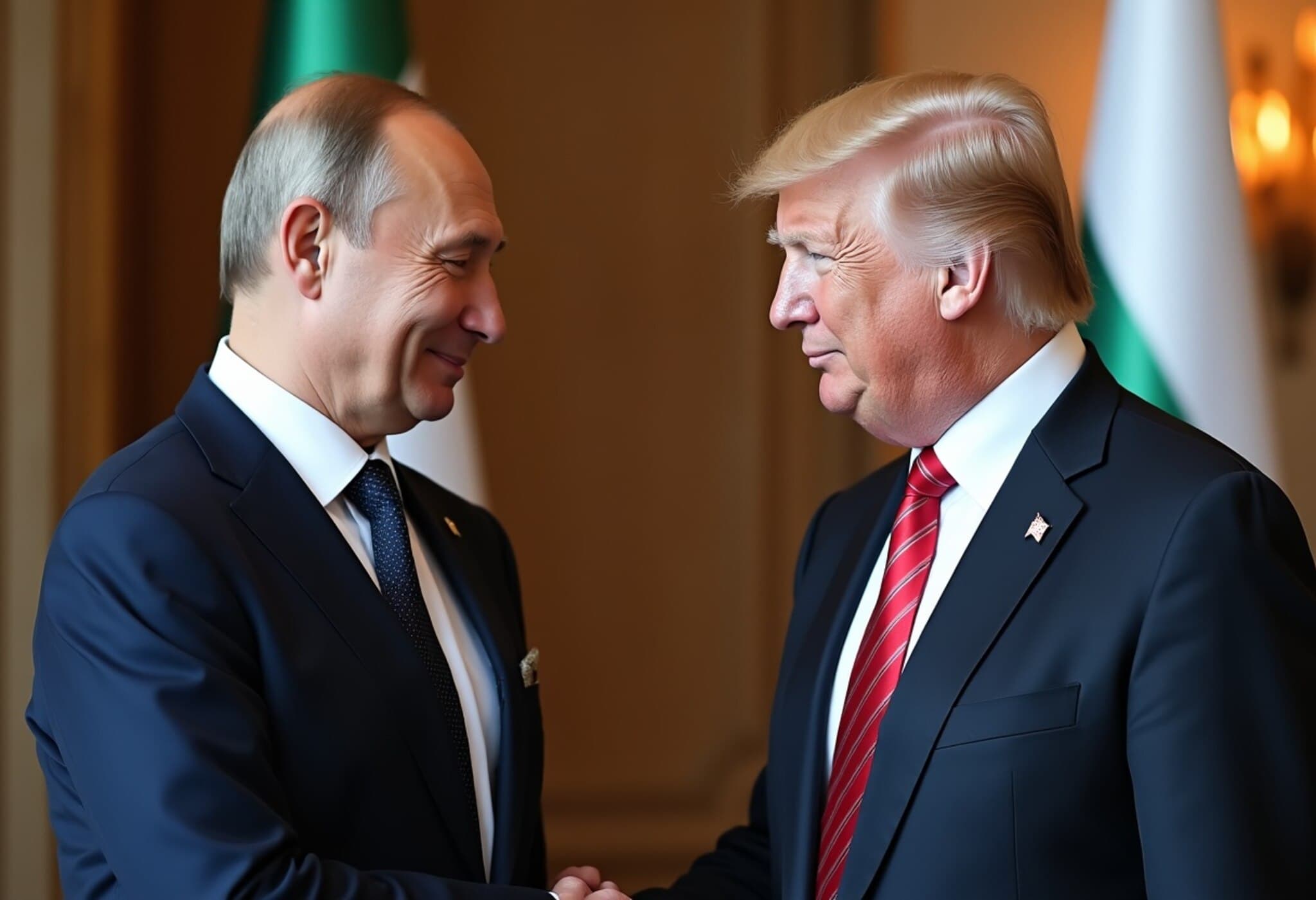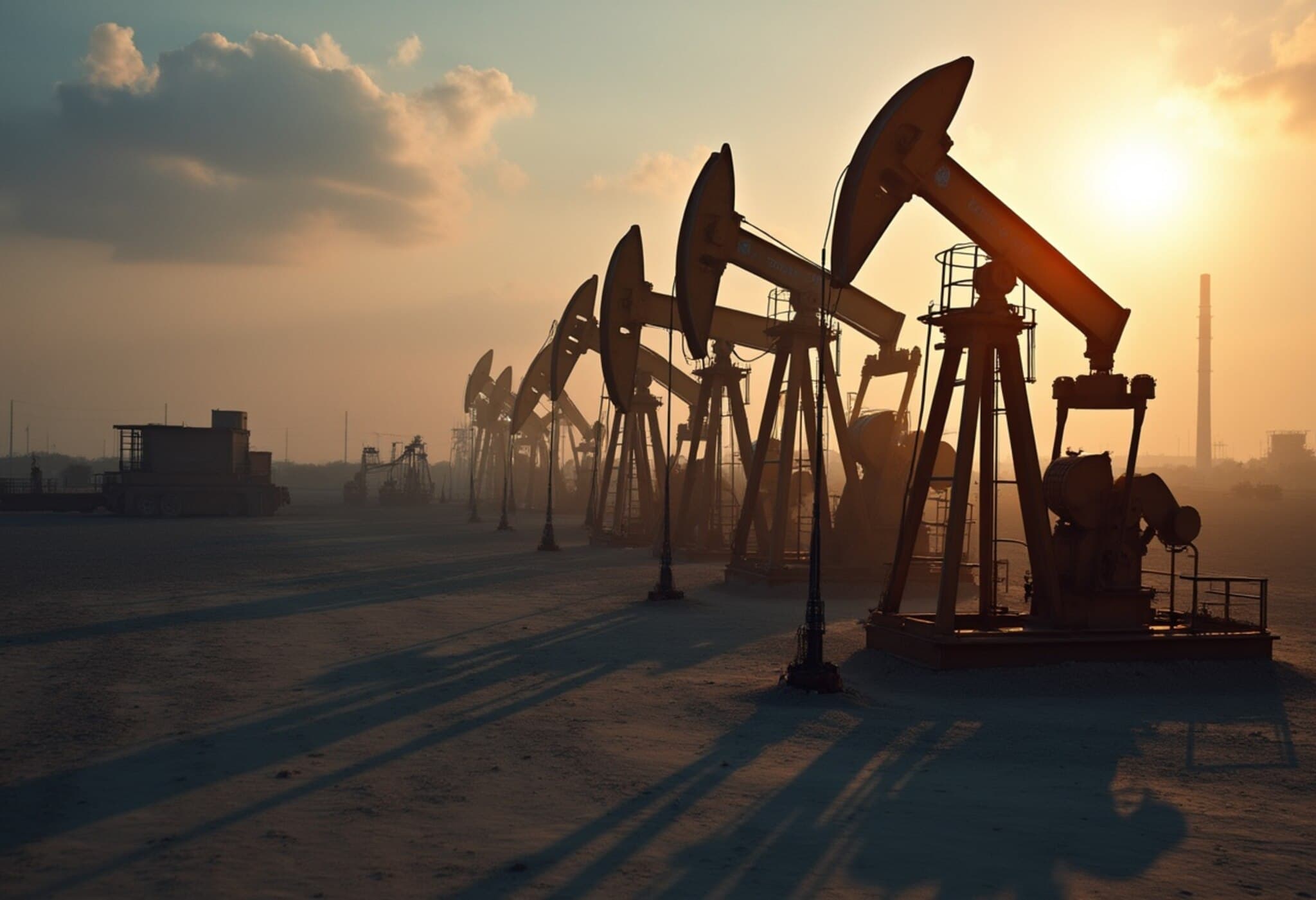US Official Criticizes India’s Oil Purchases from Russia Amid Ukraine Conflict
In a striking development, Stephen Miller, Deputy Chief of Staff to former President Donald Trump, publicly accused India of essentially fueling Russia’s ongoing war in Ukraine by continuing to import Russian oil. This statement, made during a Fox News interview on Sunday, underscores the growing tensions between Washington and New Delhi over energy trade ties with Moscow amidst global sanctions.
India and China: Key Players in Russia’s Energy Support Network
Miller emphasized that India is now nearly on par with China in the volume of Russian oil purchases. “People will be shocked to learn that India is basically tied with China in purchasing Russian oil,” he stated, calling this dynamic “astonishing.” Such comments reveal an intensifying critique from Washington targeting its Indo-Pacific partners for enabling Russian economic resilience during the Ukraine crisis.
Trump Administration Escalates Pressure on India
The remarks come amid increased diplomatic strain as the Trump administration seeks to cut off all financial resources bolstering Russia’s military efforts. Alongside the rebuke, Washington recently imposed a significant 25% tariff on Indian goods, a punitive response to New Delhi’s continued procurement of military equipment and energy from Russia. Further threats loom, with Trump warning of potential tariff hikes to 100% unless Russia commits to a comprehensive peace agreement with Ukraine.
India Defends Its Energy Strategy Amid Security Concerns
Despite the US pressure, Indian officials remain resolute in maintaining their imports of Russian oil, citing critical energy security needs. Sources close to the Indian government told Reuters that halting these purchases is simply not feasible given the country’s growing demand and geopolitical considerations. This pragmatic approach reflects India’s broader strategy of balancing its strategic autonomy with complex global alliances.
Complex US-India Relationship Remains Intact
While the Trump administration’s message was stern, Miller also acknowledged the strong personal rapport between Trump and Indian Prime Minister Narendra Modi. The two nations continue ongoing negotiations aimed at crafting a “fair, balanced and mutually beneficial” bilateral trade agreement, signaling that diplomatic and economic engagement remains a priority despite current frictions.
Contextual Analysis: Energy Security Versus Diplomatic Pressures
The conflict over India’s Russian oil imports highlights the broader geopolitical dilemma faced by countries caught between strategic alliances and economic imperatives. For India, ensuring stable and affordable energy is paramount, as it fuels one of the world’s fastest-growing economies. However, Washington’s hardline stance reflects the US-led coalition’s efforts to economically isolate Russia to curb its war capabilities.
- Energy Demand: India's energy consumption is projected to rise dramatically, increasing dependency on diverse oil sources.
- Geopolitical Autonomy: New Delhi prioritizes strategic independence, seeking to avoid overreliance on any single power bloc.
- Global Diplomatic Balance: India acts as a balancing force amid competing US, Russian, and Chinese interests in the Indo-Pacific region.
This tension reveals critical questions about the sustainability of global sanctions regimes when major emerging economies pursue divergent interests. It also underscores the necessity for nuanced diplomacy that recognizes the multifaceted challenges shaping international energy markets and geopolitical alignments.
Looking Ahead: Implications for US-India Relations and Global Security
As the US administration debates further punitive measures, policymakers must weigh the risk of alienating a vital strategic partner in the Indo-Pacific. The path forward involves delicate negotiations that reconcile energy needs, economic partnerships, and shared commitments to regional security. For India, balancing its historical and emerging relationships—with Russia, the US, and China—will remain a defining aspect of its foreign policy calculus.
Editor’s Note
This evolving episode reveals the intricate dance between economic necessity and geopolitical strategy. While Washington's efforts aim to isolate Russia, the realities of global energy dependency and regional security complicate a united front. Readers are encouraged to consider how emerging economies like India navigate these pressures without forsaking their national interests. The question remains: Can global diplomacy evolve to accommodate such complexities in pursuit of lasting peace?

